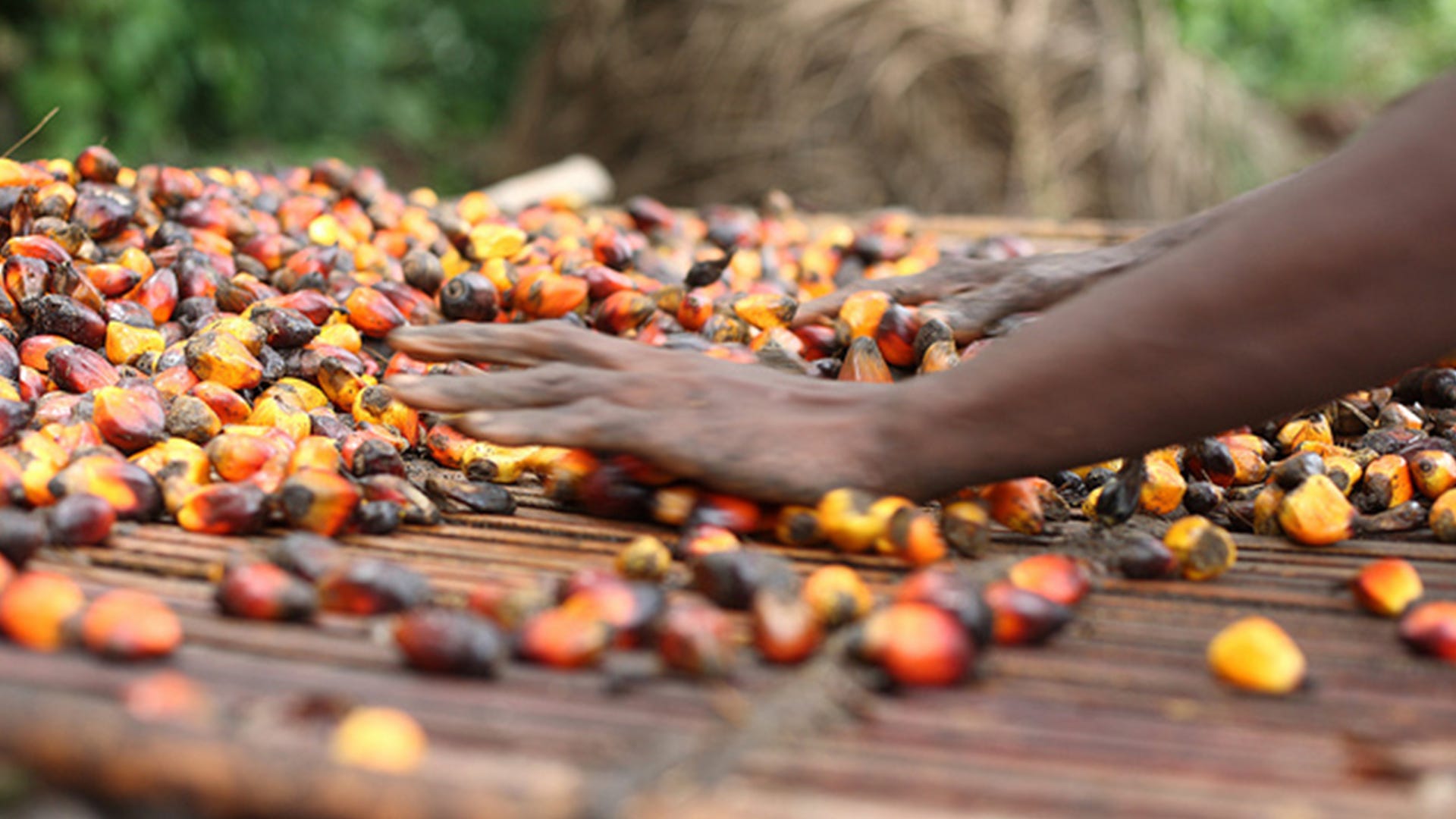MARKET DYNAMICS
Nigeria is one of the leading producers of palm oil globally, with its vast plantations and rich agricultural heritage. The demand for Nigerian palm oil products extends far beyond its borders, playing a crucial role in the global market. In this blog post, we’ll delve into the market dynamics driving the global demand for Nigerian palm oil products and explore the factors influencing consumer preferences, trade patterns, and industry trends.
1. GROWING CONSUMER DEMAND:
Palm oil is a versatile and widely used commodity in various industries, including food, cosmetics, pharmaceuticals, and biofuels. As global populations continue to grow and economies develop, the demand for palm oil products is expected to rise steadily. Nigerian palm oil, known for its high quality and sustainable production practices, is well-positioned to meet this growing demand and capture market share in key regions worldwide.
2. HEALTH AND NUTRITIONAL CONSIDERATIONS
Consumer preferences for healthier and sustainably sourced products have spurred interest unsustainably produced palm oil. Nigerian palm oil products, which are often produced using traditional methods and without the use of harmful chemicals, appeal to health-conscious consumers seeking natural and minimally processed ingredients. Additionally, efforts to promote certified sustainable palm oil production in Nigeria align with growing awareness of environmental and social sustainability in the global market.
3. ECONOMIC FACTORS AND TRADE DYNAMICS
Nigeria’s palm oil industry plays a significant role in the country’s economy, contributing to export earnings, job creation, and rural development. As a major exporter of palm oil products, Nigeria benefits from favorable trade agreements and partnerships with importing countries. However, fluctuations in global commodity prices, changes in trade policies, and geopolitical factors can impact market dynamics and influence the competitiveness of Nigerian palm oil products in the international market.
4. TECHNOLOGICAL ADVANCEMENTS AND INNOVATION:
Technological advancements in palm oil processing and refining have improved efficiency, quality, and product diversification in the industry. Nigerian producers are increasingly investing in modern equipment and production techniques to enhance productivity and meet evolving consumer preferences. Innovation in product development, such as specialty palm oil derivatives and value-added products, creates new opportunities for market expansion and differentiation in the global marketplace.
5. ENVIRONMENTAL AND SUSTAINABILITY CONCERNS:
Sustainable palm oil production practices have gained traction in response to environmental conservation efforts and concerns about deforestation, biodiversity loss, and climate change. Nigerian palm oil producers are adopting sustainable cultivation methods, conservation initiatives, and certification schemes to address these challenges and enhance the sustainability credentials of their products. Compliance with international standards and certification requirements is essential for accessing premium markets and maintaining competitiveness in the global arena. The global demand for Nigerian palm oil products is influenced by a complex interplay of market dynamics, consumer preferences, economic factors, and sustainability considerations. By understanding these dynamics and actively engaging in market-driven strategies, Nigeria can capitalize on its competitive advantages, strengthen its position as a leading palm oil producer, and contribute to sustainable development goals both domestically and internationally

